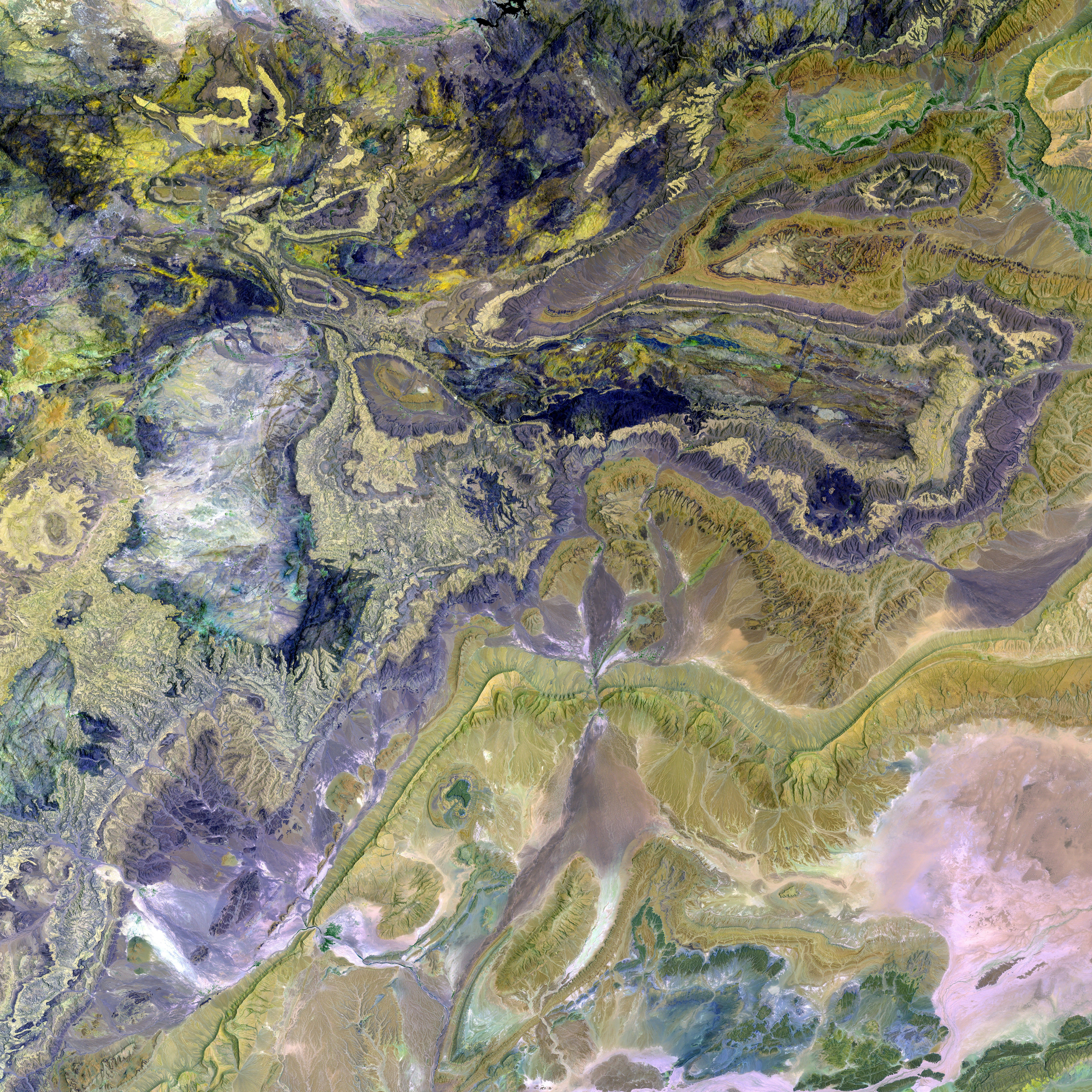Youths grapple with a turbulent world, facing escalating environmental challenges
Young adults with structural disadvantages demonstrate a more skeptical view of climate change and climate protection, according to a survey by Talking Hope, a non-profit organization. The survey was conducted last year, with approximately 1,500 young adults aged 18 to 25 participating.
The report revealed that many of the surveyed young people reside in East Germany or rural areas, have lower formal education, or have a migration background. These groups are more likely to face multiple crises daily. Though climate change is the top political issue for respondents, interest remains ambivalent - 63% do not actively seek information on social networks.
Many young people feel excluded from the existing climate movement. "They feel not heard," says Jenny Bischofberger of Talking Hope. Almost two-thirds would demonstrate for climate protection, but a third distanciate themselves from climate activism, especially those with lower formal education.
The survey also found that young people from disadvantaged backgrounds feel a low sense of self-efficacy on a political level. Eva-Maria McCormack, CEO of Talking Hope, emphasizes that belief in one's ability to manage difficult situations, along with resilience, is a key resource for societal engagement.
To tackle this issue, Talking Hope is launching the "Social Climate Project" over the next two years. The project aims to involve young adults from disadvantaged backgrounds more deeply in the debate by addressing their life realities and adapting climate communication to meet them on their level. The project will be supported by the Mercator Foundation.
The strategies employed include using relatable and accessible language, blending online and offline engagement, including diverse voices, addressing barriers to participation, co-creation, emphasizing real-world impact, interactive content, and building trust. By implementing these strategies, Talking Hope hopes to engage young adults from disadvantaged backgrounds in climate communication more effectively.
With the Social Climate Project, Talking Hope seeks to address the challenges posed by the psychosocial crisis, social inequality, and the crisis of democracy. These challenges often precede the climate crisis for many young people, as noted by McCormack. The project will focus on the living environments of the four target groups, using workshops and events to address climate change in a unique and socially just manner.
Each group will receive financial resources to implement their own ideas, fostering a sense of empowerment. The project aims to facilitate conversations in the private sphere, where there is less fear of rejection.
The "Social Climate Project" by Talking Hope intends to adapt climate communication to resonate with young adults from disadvantaged backgrounds, utilizing strategies such as relatable language, interactive content, and co-creation. By doing so, the project aims to enhance engagement in climate discussions among this demographic. This approach is crucial because many young adults from disadvantaged backgrounds, often residing in East Germany or rural areas, demonstrate a skeptical view of climate change, possibly due to a low sense of self-efficacy on a political level. This project, as part of the realm of environmental-science and education-and-self-development, aims to foster personal-growth by empowering these individuals, helping them navigate the complexities of climate change and bring about positive, real-world impact.





